Condoleezza Rice noted that there is a tendency to look at the bilateral ties in the context of the pact but in fact they have far more depth and width.
WASHINGTON: Hoping that the Indo-US nuclear deal would be finalised "very soon," Secretary of State Condoleezza Rice has, however, noted that there is a tendency to look at the bilateral ties in the context of the pact but in fact they have far more depth and width.
The US is having better relations with India than at any time in the history of the bilateral relationship and with a recognition that not only New Delhi is going to play "its own" role in the international system but in a realisation that in any relationship there are going to be differences, she said.
Rice made the point that there is a tendency to look at the bilateral relations in the context of the civilian nuclear initiative but the fact of the matter is that the US-India relationship has far more depth and width.
"You tend to think only about the government-to-government piece, you tend to think only about the very important civil nuclear deal that we have concluded with India and hope to finalise very soon, but this is a very broad and deep relationship and I think it's only going to become more so over time," she said.
"When you look at a place like India you can see that we have better relations with India now than really at any time in India's history and in the history of our relationship with India. And it's because it's based on a sense of partnership, a sense that India is an emerging great multi-ethnic democracy and that means that it's going to play its own role in the world," Rice said.
The top Bush administration official was at an event along with Australian Foreign Minister Alexander Downer at The Ronald Reagan Library at Simi Valley, California.
Rice was responding to a query from the audience on why moderate Muslim groups in a democratic country like India are supposed to be declining any association with the US.
The query was in the context of Downer's observation that Indonesia is the largest Islamic nation with India coming in next with the largest number of Muslims and both countries are democracies.
"One of the things that we sometimes forget is that even if we have very good relations with countries, they won't always agree with us. And in the case of India, this is a country that in many ways, as the leader of the Non-Aligned Movement at the time of the Cold War, defined itself in juxtaposition to the policies of the United States. And we've overcome a lot of that," Rice said.
"But it isn't going to overcome the fact that there will be differences and there will be differences among parts of the population. But I can tell you that when you go -- that the number of Indian students studying in the United States, and now increasingly Americans who want to study in India, the number of contacts between Indian business and American business -- I come, as you know, from right up the road from Silicon Valley.
"There is something like the Silicon Valley in India as well where people are engaged in the most -- the highest of high-tech development," she said.
"And so it is becoming increasingly a relationship that's not just government-to-government, that is also people-to-people, and we want to encourage that. There needs to be more contact between Indians and -- the citizens of India and America," the top administration official remarked.
Rice said relations between India and the US will witness further improvement in days to come.
"I will tell you that one of the great bridges is that we have a wonderful, extraordinarily vibrant Indian American culture and population in the United States that provides some of those links. But I've found the people of India very friendly when I go there. I've taught lots of students from India in my role as professor at Stanford. And I think you're going to see, as this great democracy emerges, deals more and more with its poverty, that you're going to see better and better ties between America and India," Rice said.
"One of the most remarkable things that we did during the recent presidential trip to India was we went out to some agricultural areas where Indians are working on new technologies in agriculture. The US through USAID and American assistance, was very fundamental in what was called the Green Revolution in India in the '60s, making India self-sufficient in agriculture. And we're continuing that now by working with India on drought-resistant crops and the like," Rice said.
Complementing India for its contribution towards the war against terrorism Australian Foreign Minister Downer said he looked forward to see the successful conclusion of the Indo-US civilian nuclear agreement.
"In the war against terrorism...India had the second largest Islamic Muslim population in the world. Of course, they're a minority in India. It's predominantly a Hindu country. But India has been a very good partner in the war against terrorism and India is a champion of democracy and increasingly a liberal market country. And I'm pleased to see the way the United States relations are warming with India and we look forward to seeing the US successfully conclude its nuclear agreement with India sometime soon.
"That will be an important symbolic step forward, quite apart from the mechanics of it" the Australian Foreign Minister added.
"But this is an emerging country which has a settled political system. In 20 years time, India will be a richer country than it is today, a lot richer than it is today, but it will still be a liberal democracy, a parliamentary democracy, as it is. So I think you can be optimistic about India," Downer said.
He said the transformation of India in the last 15 years has been "dramatic" and from the perspective of Australia, India has been a very good partner with the bilateral relationship strengthening all the time.
"I think the transformation in India over the last, I would say, 15 years has actually been quite -- 20 years may be -- has been quite dramatic. You've got to think about the history of modern India a bit. I mean, here is a country which was colonised by the British for a couple hundred years or so and in 1947 gained its independence.
"So an Indian perspective of the West was seen through, if you like, the colouring of colonialism, which is something they didn't particularly appreciate. And so as time went on, you know, in the late '40s, from '47 through the '50s, although India was one of the cofounders of the Non-Aligned Movement with Indonesia, India certainly had a tilt in its foreign policy towards the Soviet Union," Downer said.
"India has become ... a much better country to work with and a very good partner and that's strengthening all the time," Downer said.
![submenu-img]() Meet IIT-JEE topper with AIR 1, son of government school teachers, he went on to pursue...
Meet IIT-JEE topper with AIR 1, son of government school teachers, he went on to pursue...![submenu-img]() Salman Khan house firing case: One more Lawrence Bishnoi gang member arrested by Mumbai Police
Salman Khan house firing case: One more Lawrence Bishnoi gang member arrested by Mumbai Police ![submenu-img]() Mukesh Ambani to host Anant-Radhika's second pre-wedding function: Trip to start from Italy with 800 guests and end in..
Mukesh Ambani to host Anant-Radhika's second pre-wedding function: Trip to start from Italy with 800 guests and end in..![submenu-img]() Driver caught on camera running over female toll plaza staff on Delhi-Meerut expressway, watch video
Driver caught on camera running over female toll plaza staff on Delhi-Meerut expressway, watch video![submenu-img]() 'If you come and do something here...': EAM S Jaishankar on India's 'message' against terrorism
'If you come and do something here...': EAM S Jaishankar on India's 'message' against terrorism![submenu-img]() Meet IIT-JEE topper with AIR 1, son of government school teachers, he went on to pursue...
Meet IIT-JEE topper with AIR 1, son of government school teachers, he went on to pursue...![submenu-img]() TN 11th Result 2024: TNDGE Tamil Nadu HSE (+1) result declared, direct link here
TN 11th Result 2024: TNDGE Tamil Nadu HSE (+1) result declared, direct link here![submenu-img]() Meet doctor who cracked UPSC exam with AIR 9 but didn’t became IAS due to…
Meet doctor who cracked UPSC exam with AIR 9 but didn’t became IAS due to…![submenu-img]() TN 11th Result 2024 to be declared today; know how to check
TN 11th Result 2024 to be declared today; know how to check![submenu-img]() Meet man who worked as coolie, studied from railway's WiFi, then cracked UPSC exam to become IAS, secured AIR...
Meet man who worked as coolie, studied from railway's WiFi, then cracked UPSC exam to become IAS, secured AIR...![submenu-img]() DNA Verified: Is CAA an anti-Muslim law? Centre terms news report as 'misleading'
DNA Verified: Is CAA an anti-Muslim law? Centre terms news report as 'misleading'![submenu-img]() DNA Verified: Lok Sabha Elections 2024 to be held on April 19? Know truth behind viral message
DNA Verified: Lok Sabha Elections 2024 to be held on April 19? Know truth behind viral message![submenu-img]() DNA Verified: Modi govt giving students free laptops under 'One Student One Laptop' scheme? Know truth here
DNA Verified: Modi govt giving students free laptops under 'One Student One Laptop' scheme? Know truth here![submenu-img]() DNA Verified: Shah Rukh Khan denies reports of his role in release of India's naval officers from Qatar
DNA Verified: Shah Rukh Khan denies reports of his role in release of India's naval officers from Qatar![submenu-img]() DNA Verified: Is govt providing Rs 1.6 lakh benefit to girls under PM Ladli Laxmi Yojana? Know truth
DNA Verified: Is govt providing Rs 1.6 lakh benefit to girls under PM Ladli Laxmi Yojana? Know truth![submenu-img]() Remember Harsh Lunia? Just Mohabbat child star, here's how former actor looks now, his wife is Bollywood's popular...
Remember Harsh Lunia? Just Mohabbat child star, here's how former actor looks now, his wife is Bollywood's popular...![submenu-img]() Mother's Day 2024: Bollywood supermoms who balance motherhood, acting, and run multi-crore businesses
Mother's Day 2024: Bollywood supermoms who balance motherhood, acting, and run multi-crore businesses![submenu-img]() Rocky Aur Rani's Golu aka Anjali Anand shocks fans with drastic weight loss without gym, says fitness secret is...
Rocky Aur Rani's Golu aka Anjali Anand shocks fans with drastic weight loss without gym, says fitness secret is...![submenu-img]() In pics: Ram Charan gets mobbed by fans during his visit to Pithapuram for ‘indirect campaign’ for uncle Pawan Kalyan
In pics: Ram Charan gets mobbed by fans during his visit to Pithapuram for ‘indirect campaign’ for uncle Pawan Kalyan![submenu-img]() Streaming This Week: Yodha, Aavesham, Murder In Mahim, Undekhi season 3, latest OTT releases to binge-watch
Streaming This Week: Yodha, Aavesham, Murder In Mahim, Undekhi season 3, latest OTT releases to binge-watch![submenu-img]() Haryana Political Crisis: Will 3 independent MLAs support withdrawal impact the present Nayab Saini led-BJP government?
Haryana Political Crisis: Will 3 independent MLAs support withdrawal impact the present Nayab Saini led-BJP government?![submenu-img]() DNA Explainer: Why Harvey Weinstein's rape conviction was overturned, will beleaguered Hollywood mogul get out of jail?
DNA Explainer: Why Harvey Weinstein's rape conviction was overturned, will beleaguered Hollywood mogul get out of jail?![submenu-img]() What is inheritance tax?
What is inheritance tax?![submenu-img]() DNA Explainer: What is cloud seeding which is blamed for wreaking havoc in Dubai?
DNA Explainer: What is cloud seeding which is blamed for wreaking havoc in Dubai?![submenu-img]() DNA Explainer: What is Israel's Arrow-3 defence system used to intercept Iran's missile attack?
DNA Explainer: What is Israel's Arrow-3 defence system used to intercept Iran's missile attack?![submenu-img]() Salman Khan house firing case: One more Lawrence Bishnoi gang member arrested by Mumbai Police
Salman Khan house firing case: One more Lawrence Bishnoi gang member arrested by Mumbai Police ![submenu-img]() Meet actress, who got rejected for her looks, had no hit for 15 years; later beat Alia, Deepika, Katrina at box office
Meet actress, who got rejected for her looks, had no hit for 15 years; later beat Alia, Deepika, Katrina at box office![submenu-img]() Abdu Rozik breaks silence on his wedding announcement being called ‘publicity stunt’: ‘The whole world is…’
Abdu Rozik breaks silence on his wedding announcement being called ‘publicity stunt’: ‘The whole world is…’![submenu-img]() Meet actress who made debut with Salman Khan, had super flop career, then got TB, now lives in chawl, runs..
Meet actress who made debut with Salman Khan, had super flop career, then got TB, now lives in chawl, runs..![submenu-img]() Meet actress who worked with Naseeruddin Shah, sister of popular models, is now getting trolled on social media for..
Meet actress who worked with Naseeruddin Shah, sister of popular models, is now getting trolled on social media for..![submenu-img]() Driver caught on camera running over female toll plaza staff on Delhi-Meerut expressway, watch video
Driver caught on camera running over female toll plaza staff on Delhi-Meerut expressway, watch video![submenu-img]() Delhi man takes 200 flights in 110 days, steals lakhs worth of jewelry from passengers
Delhi man takes 200 flights in 110 days, steals lakhs worth of jewelry from passengers![submenu-img]() Viral video: Man makes paratha with 'diesel', internet reacts
Viral video: Man makes paratha with 'diesel', internet reacts![submenu-img]() Viral video of 'black jalebi' leaves internet in shock; netizens say 'hey bhagwan...'
Viral video of 'black jalebi' leaves internet in shock; netizens say 'hey bhagwan...'![submenu-img]() Real-life Bambi and Thumper? Adorable deer and rabbit video melts hearts online
Real-life Bambi and Thumper? Adorable deer and rabbit video melts hearts online

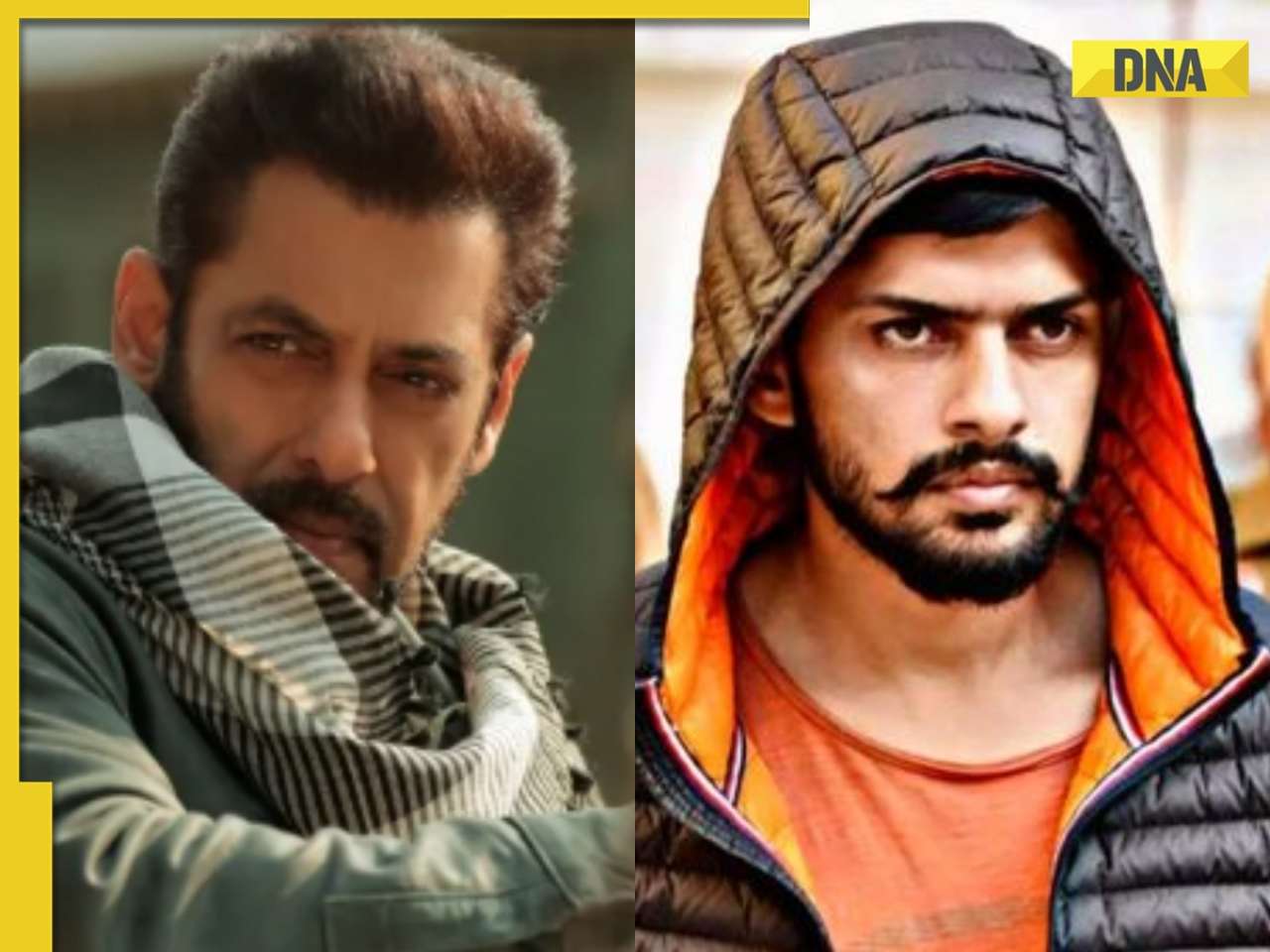


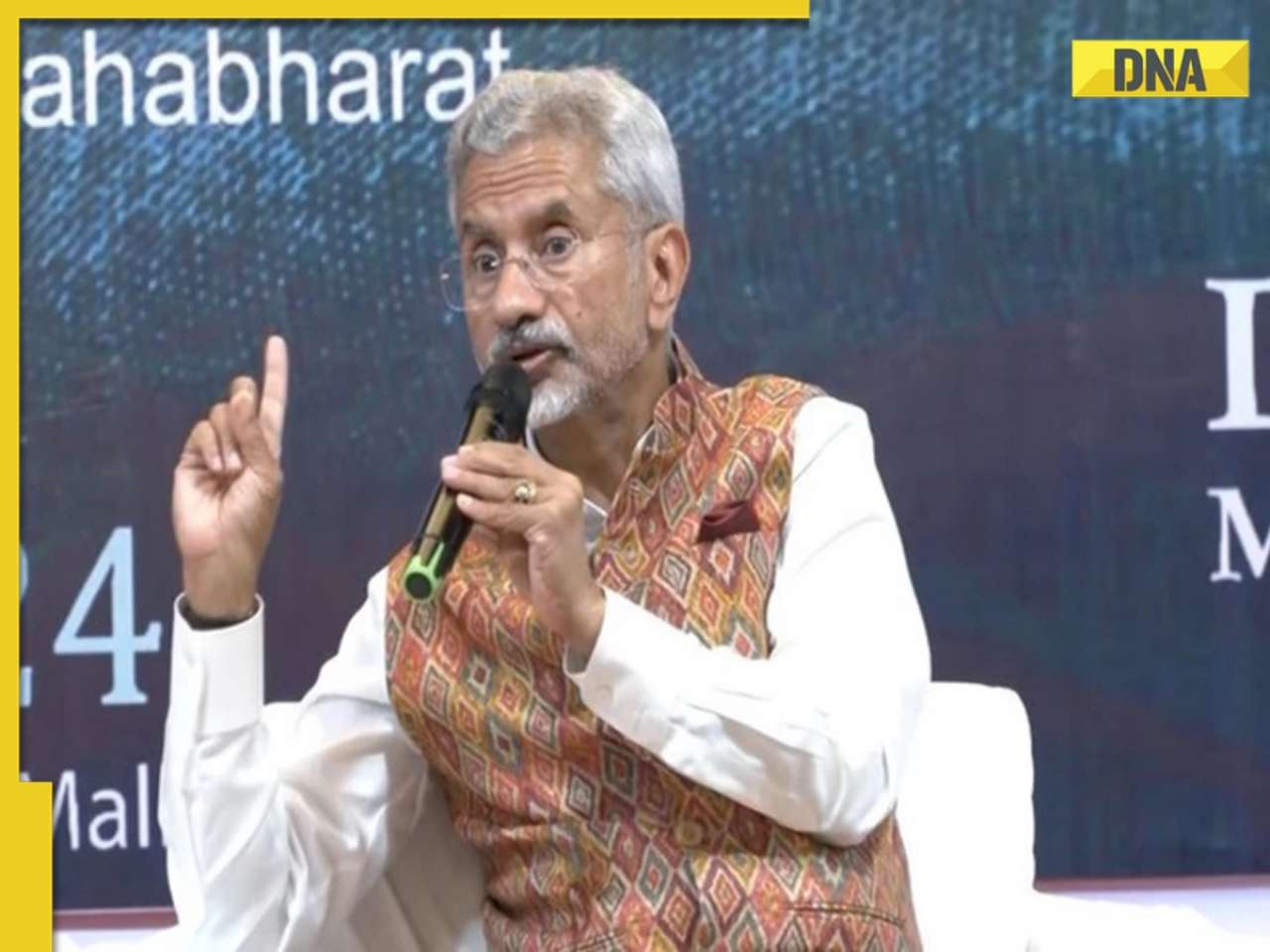




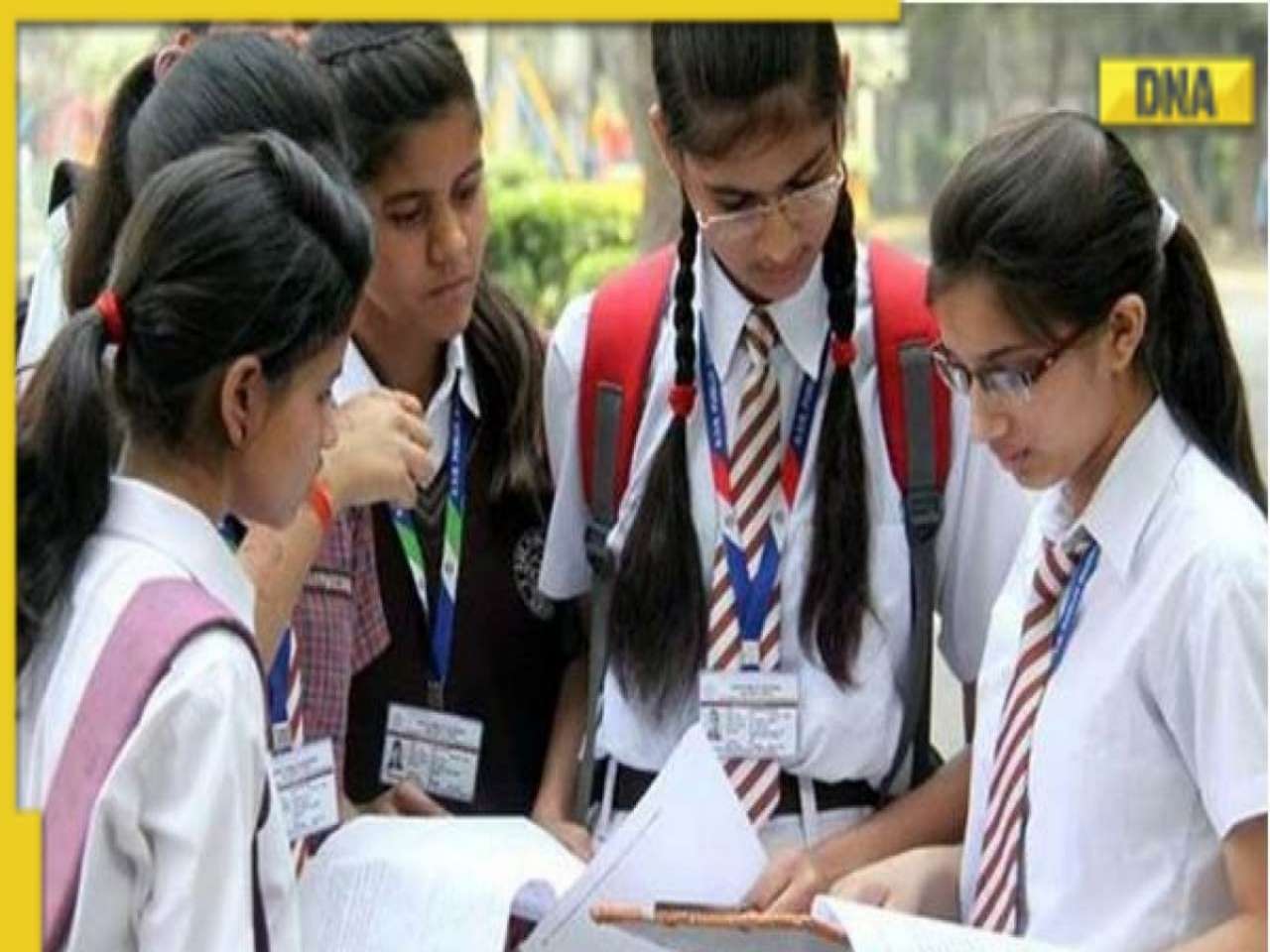

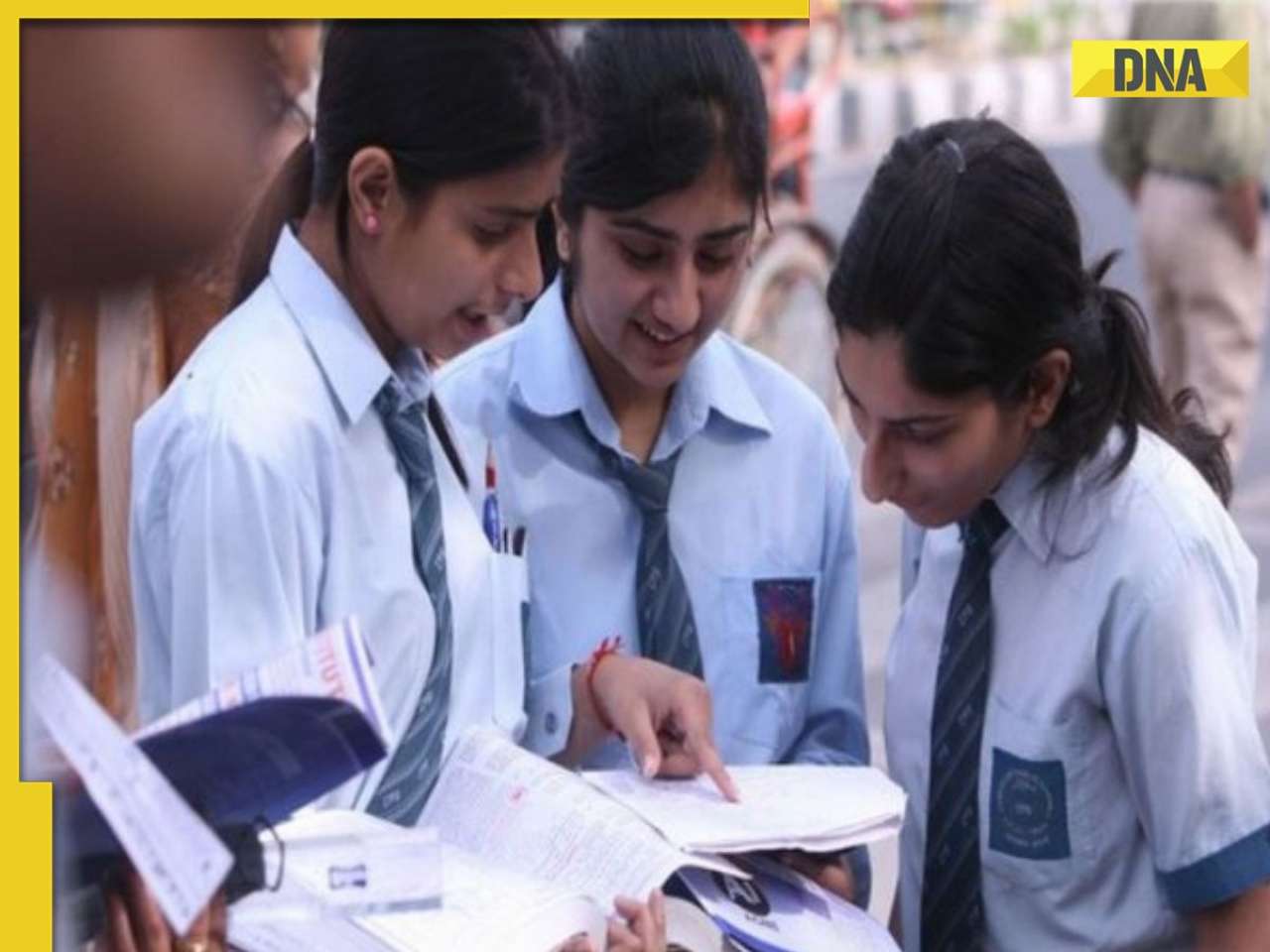
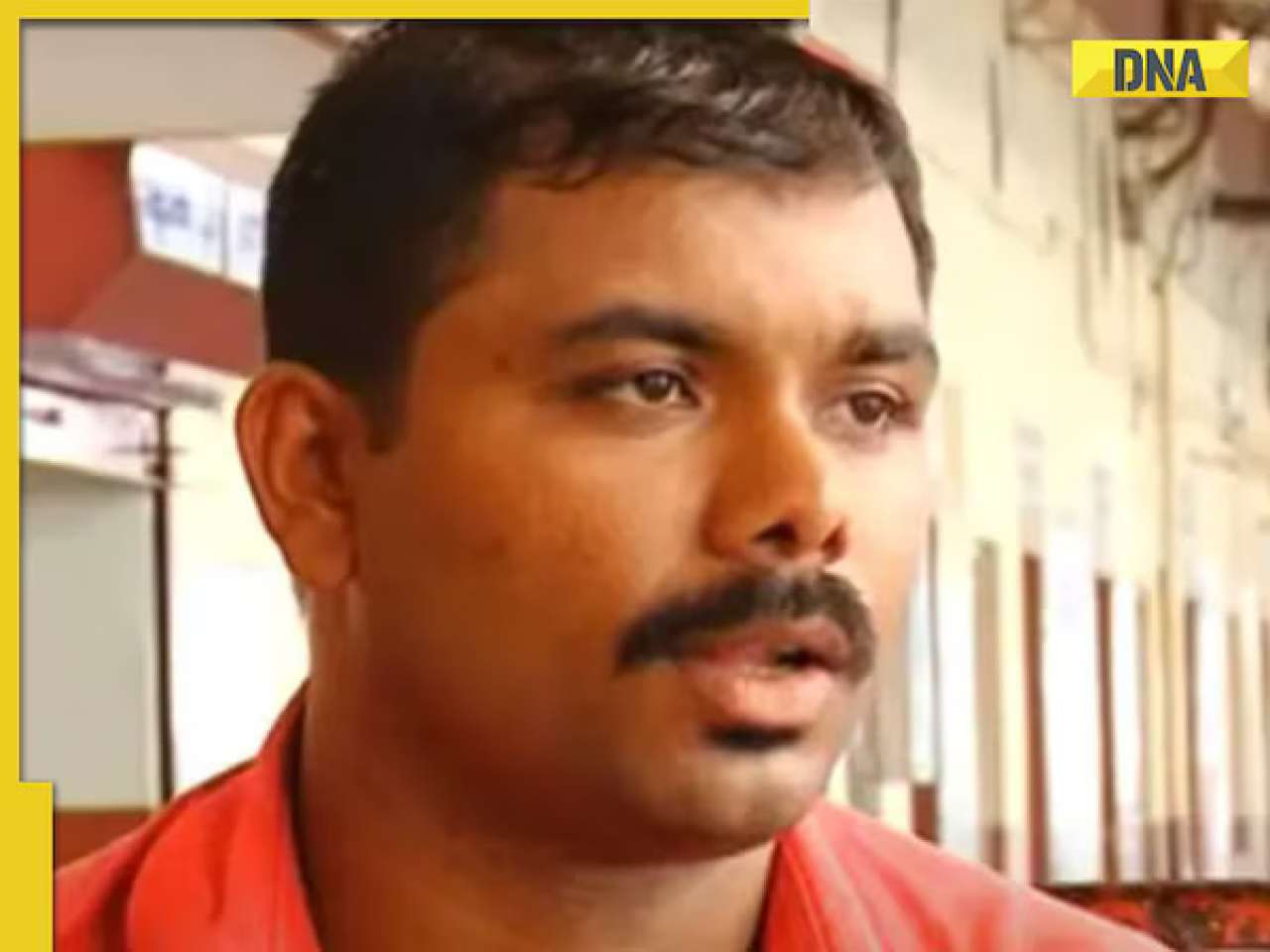



















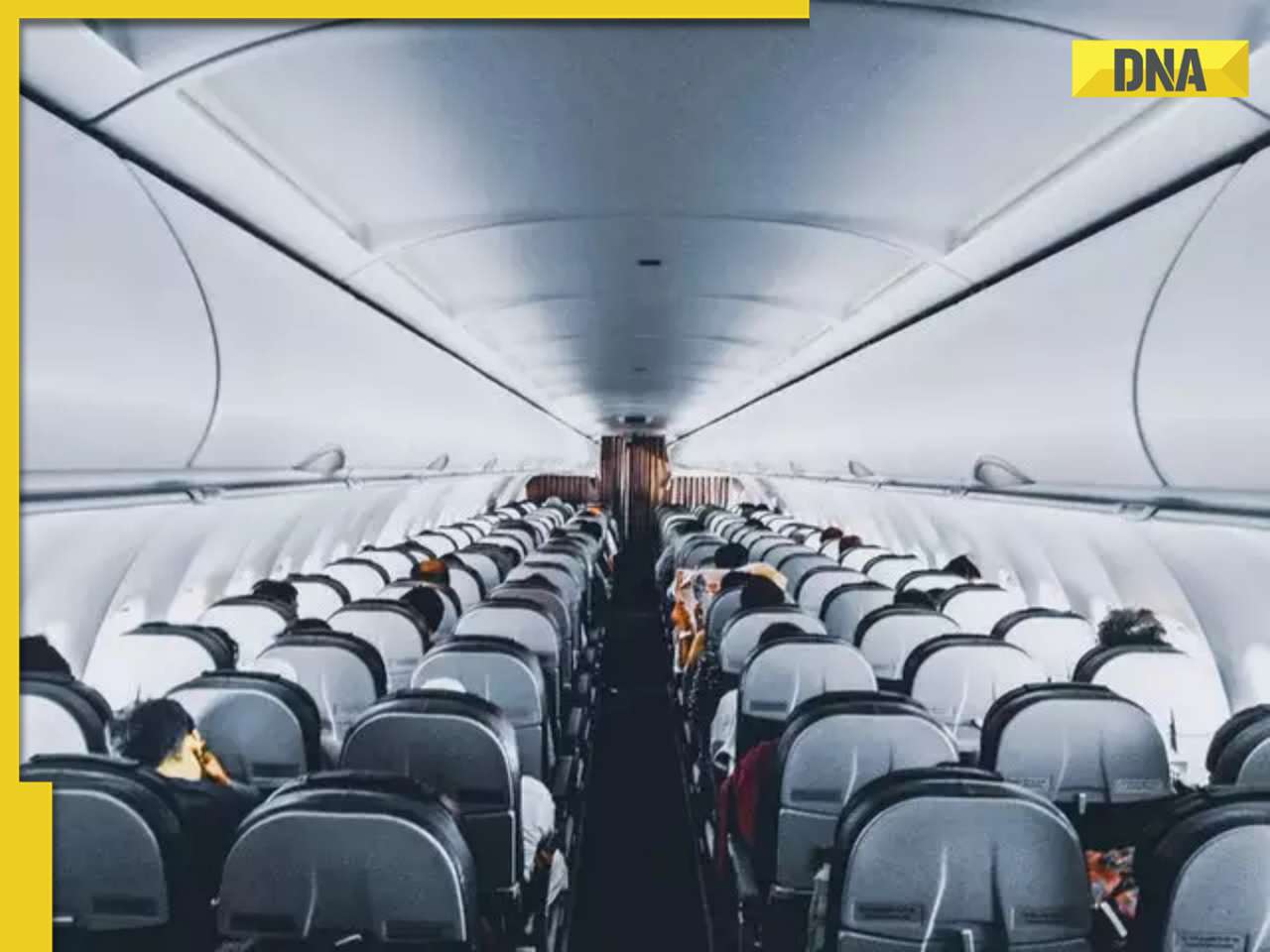

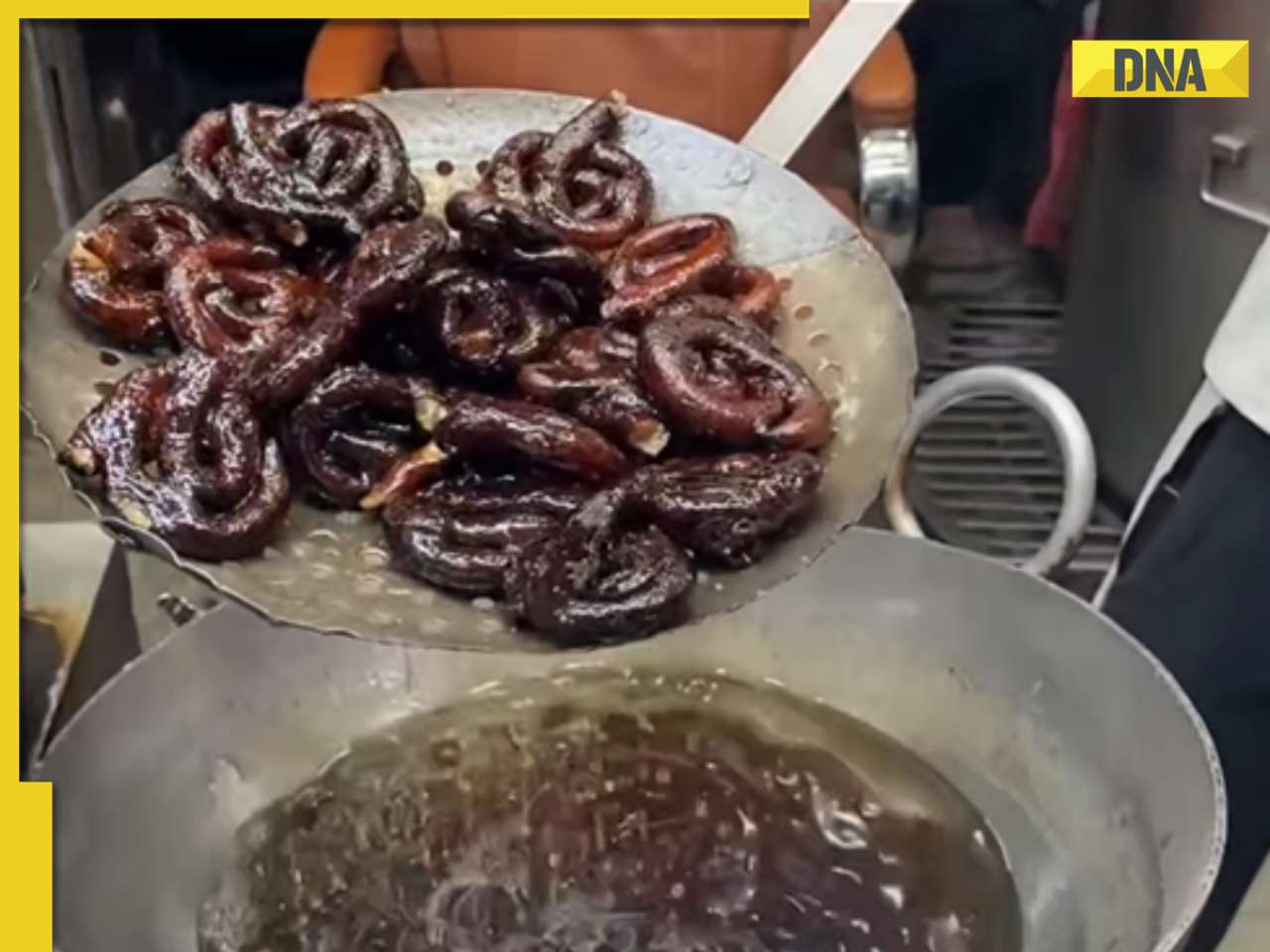
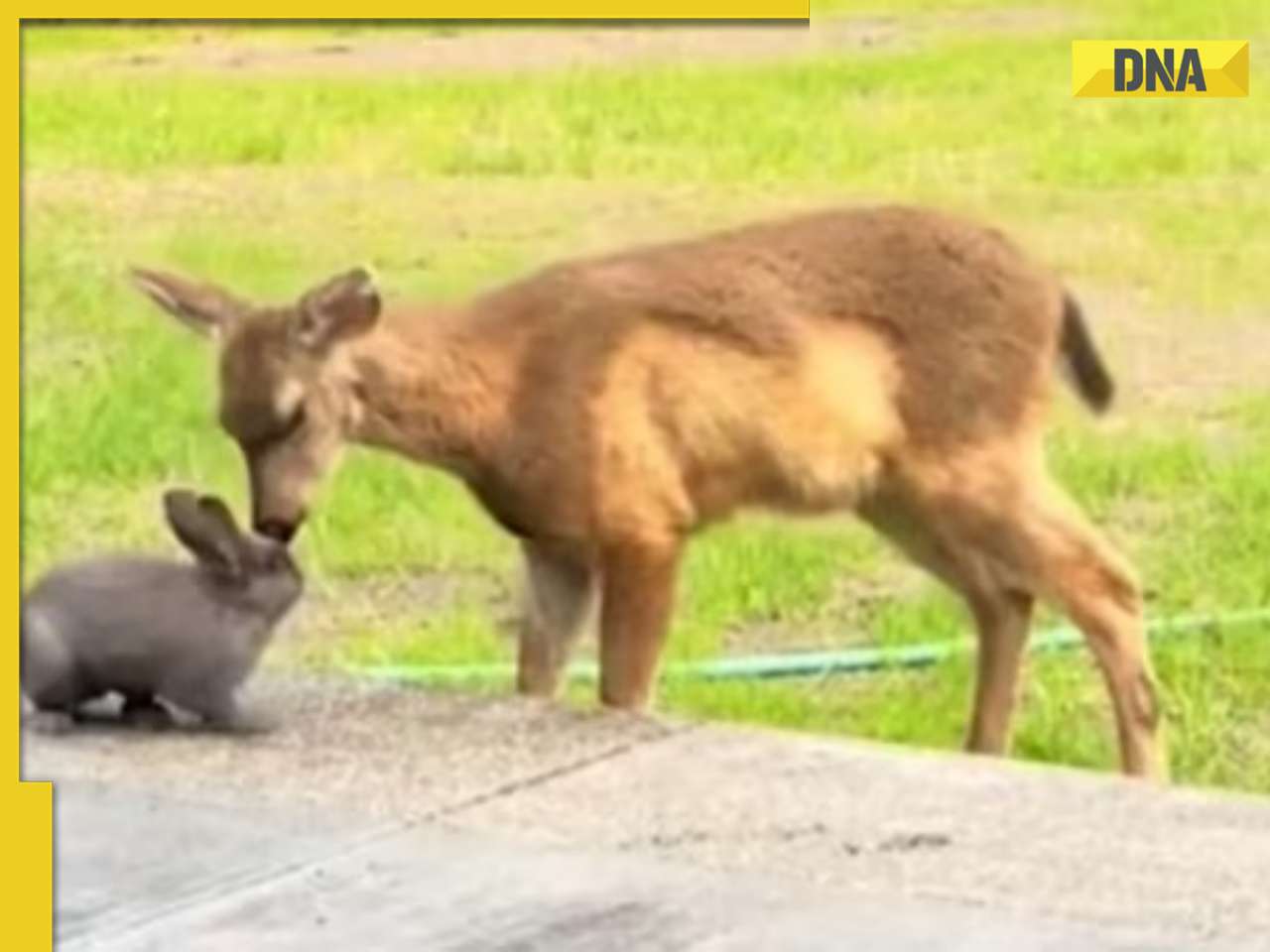





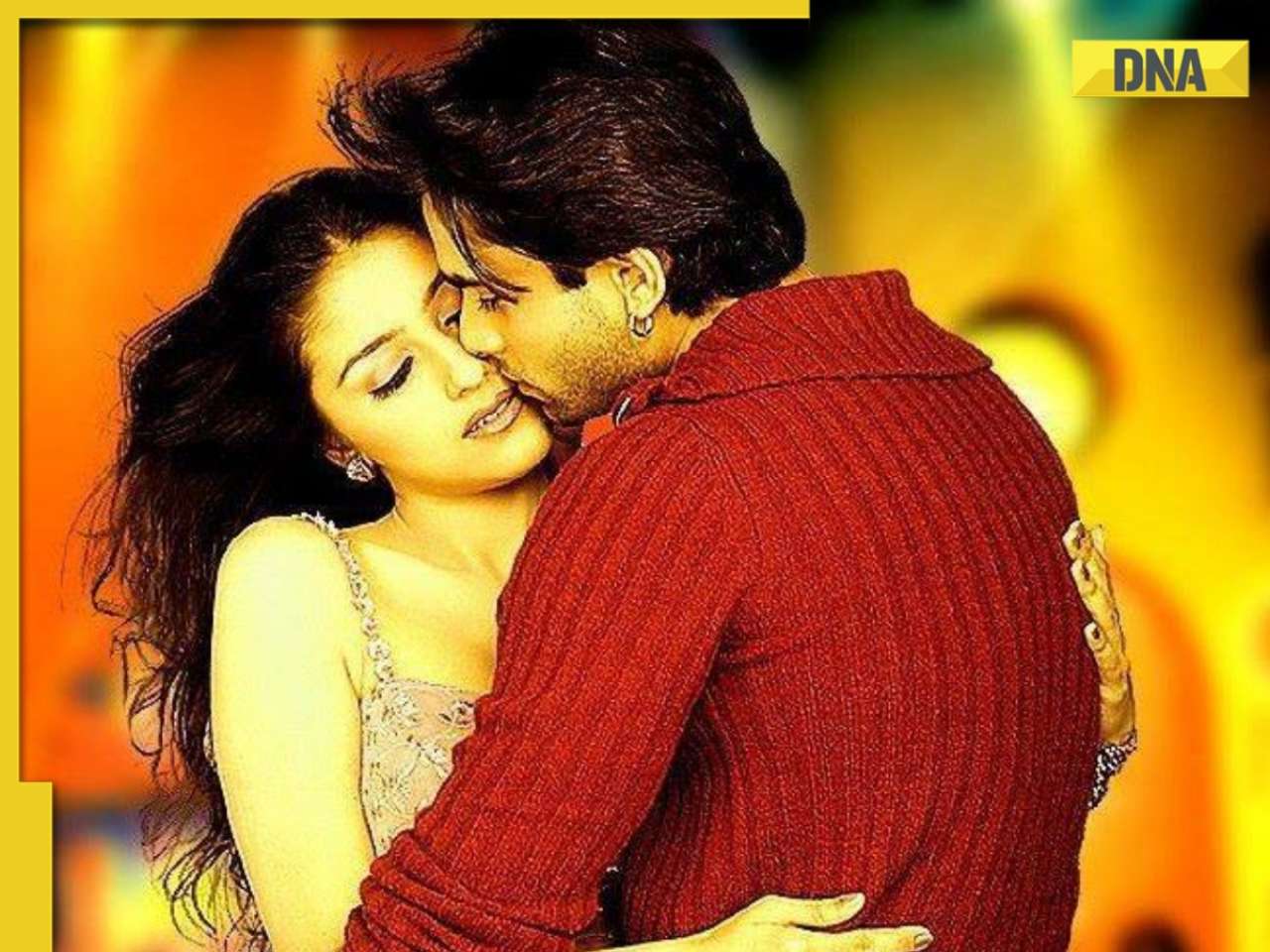

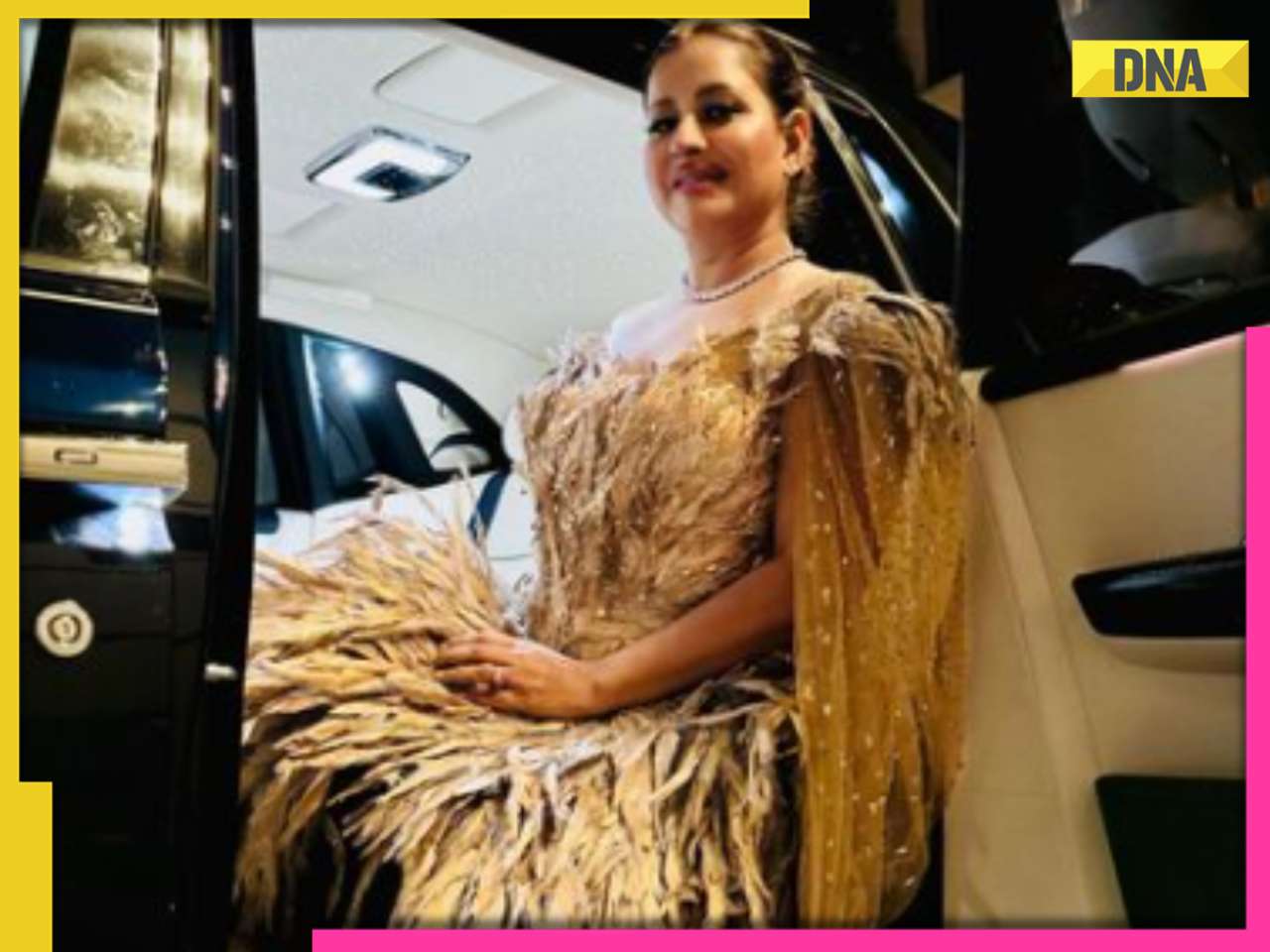


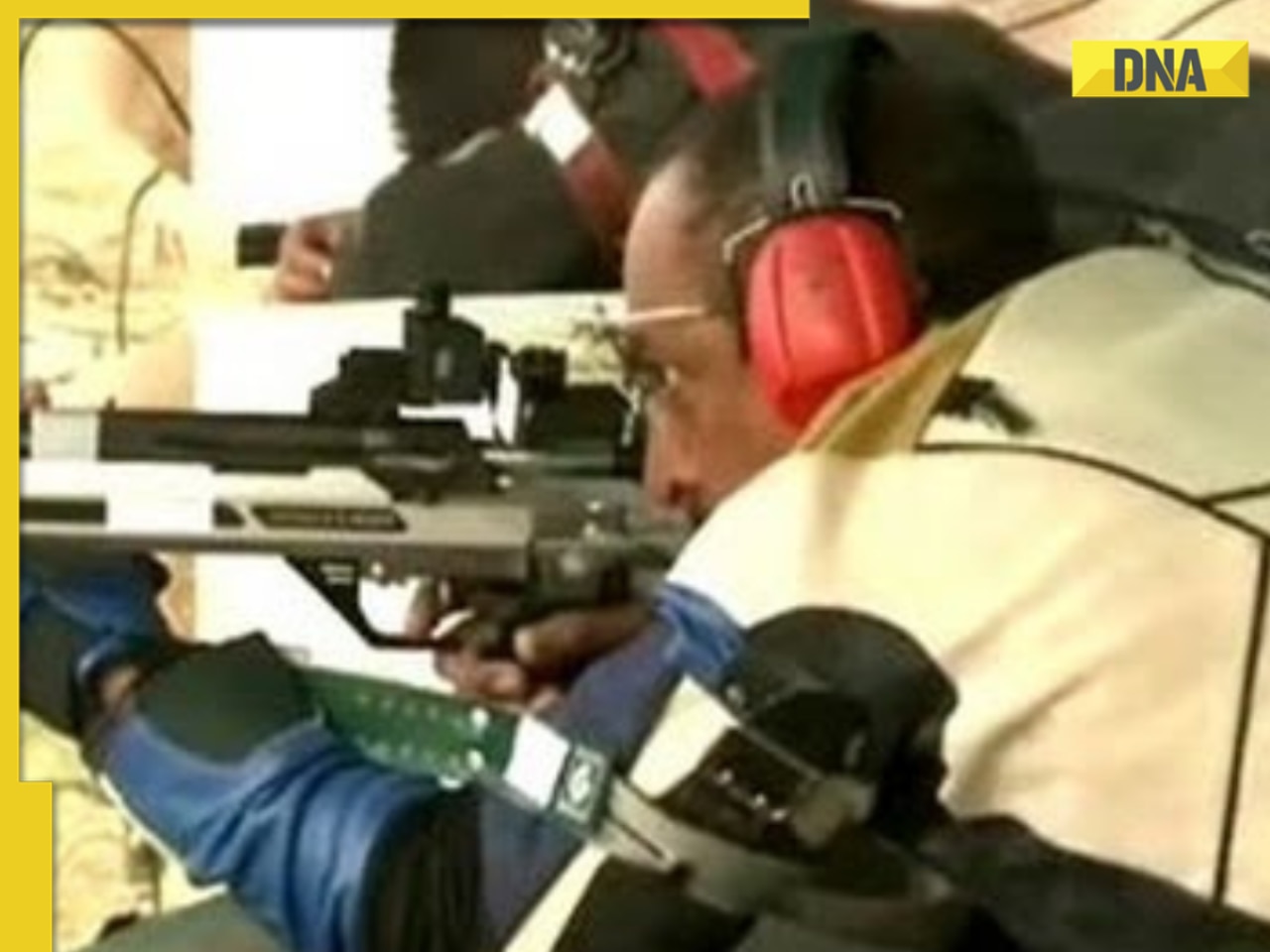
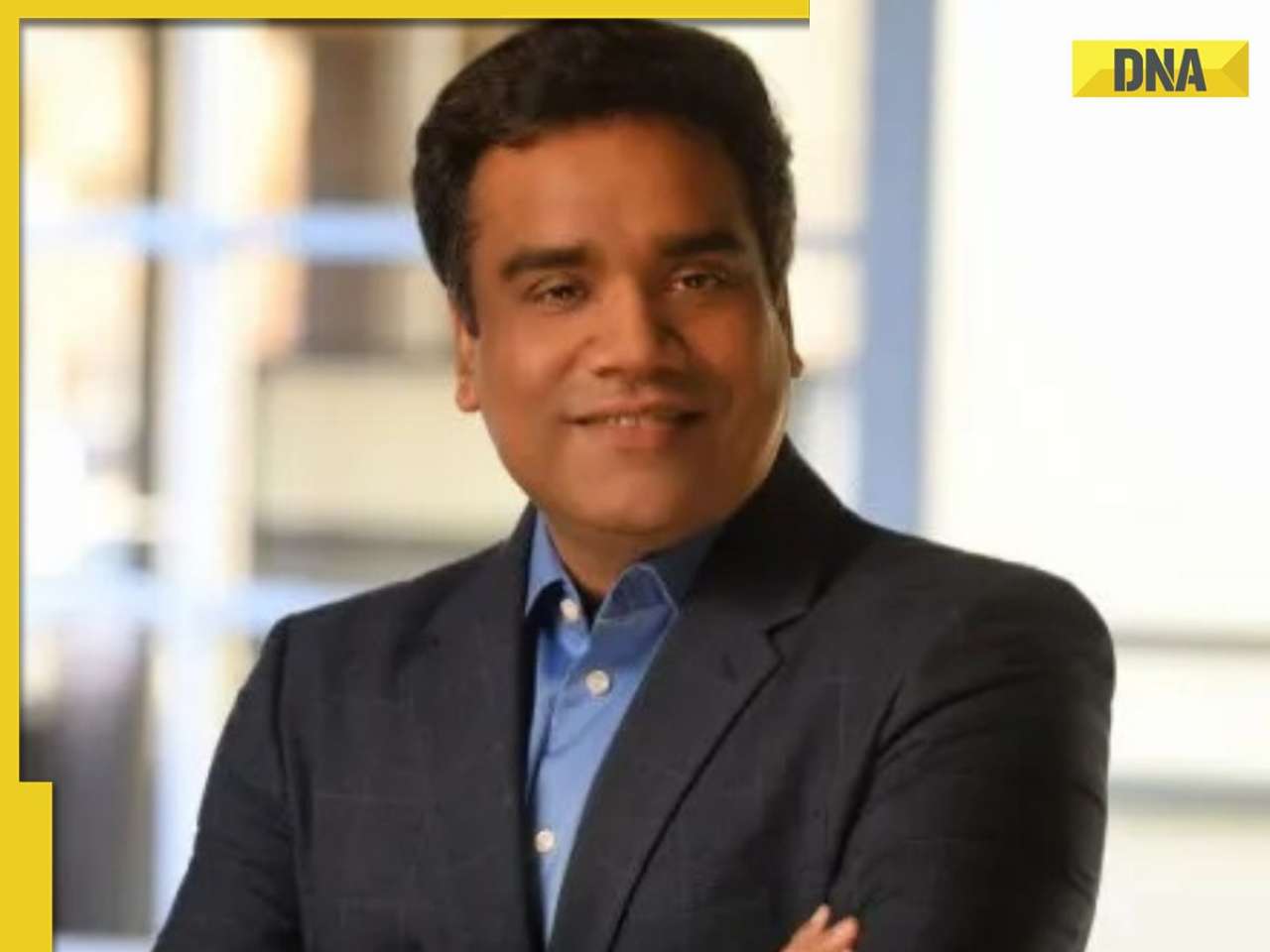
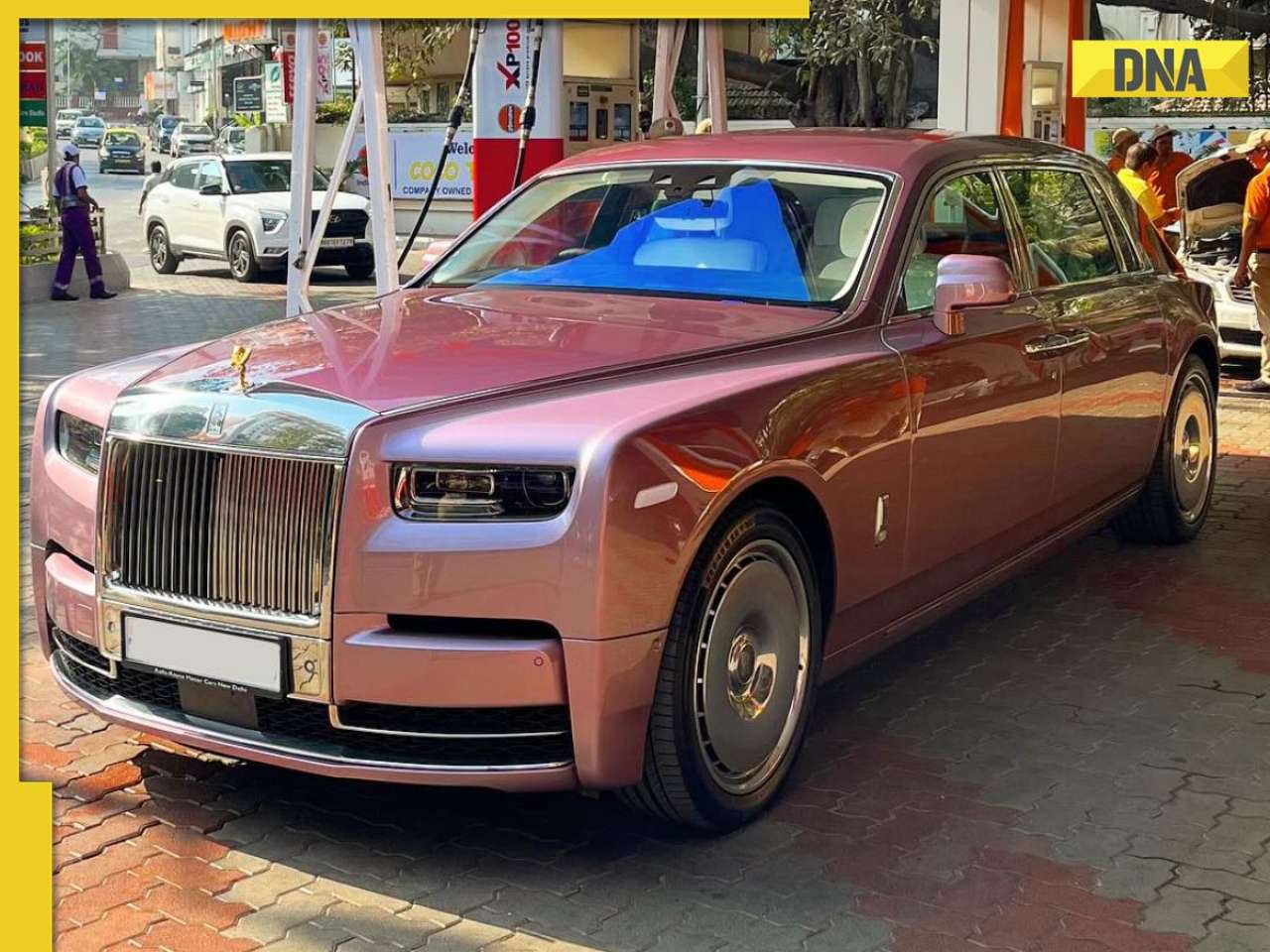





)
)
)
)
)
)